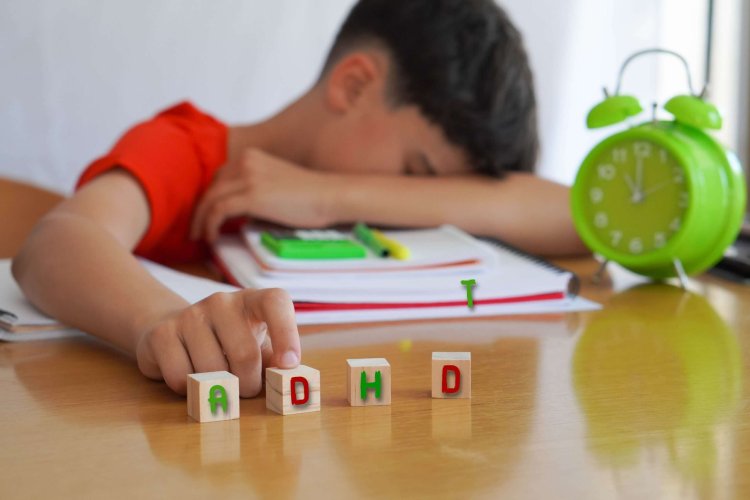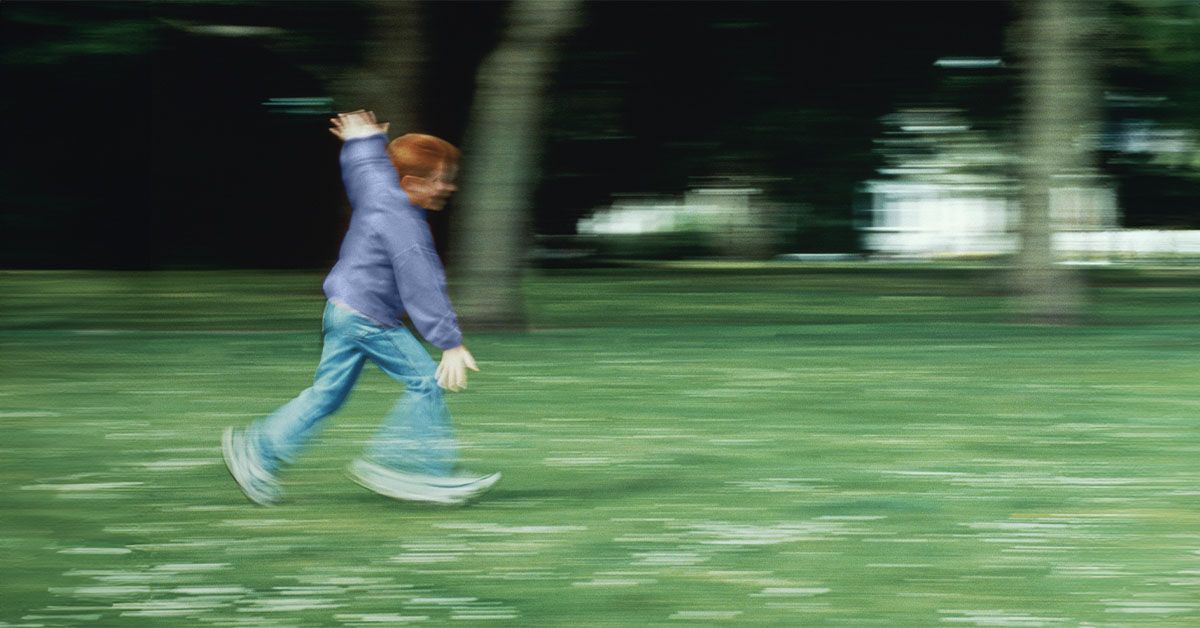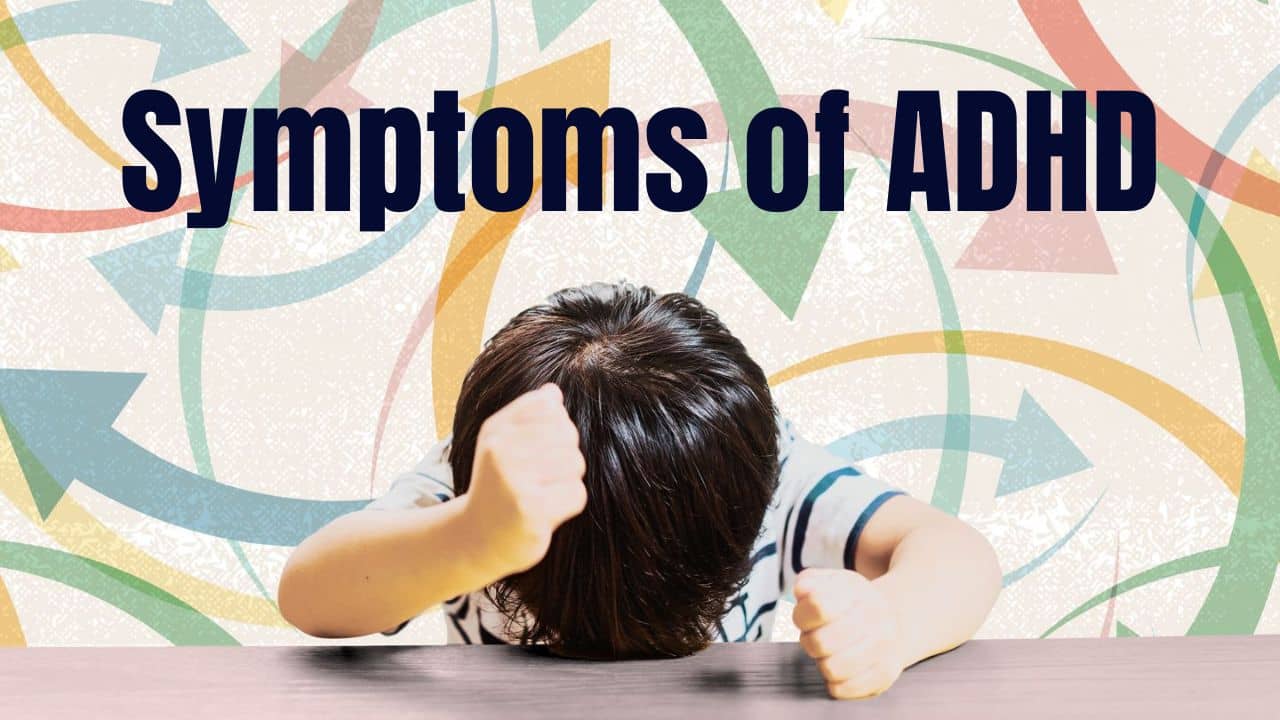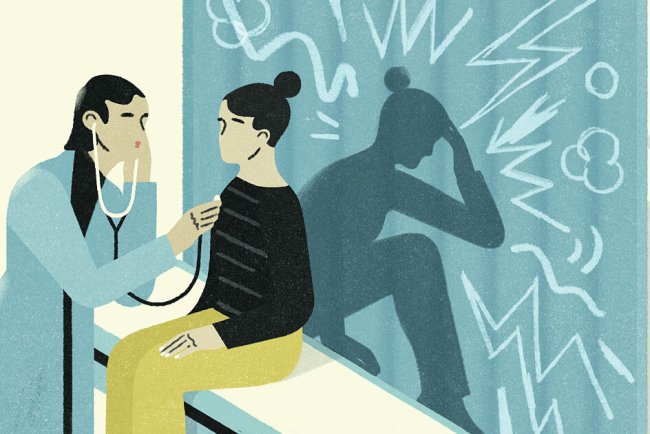Do You Believe Your Child May Have ADHD? The Real Things Your Pediatrician Can Do
ADHD may be a possibility if your child has trouble focusing, staying still, or controlling their urges. Approximately 7–8% of children in the United States suffer from Attention Deficit Hyperactivity Disorder (ADHD), therefore you are not alone. The twist is that pediatricians are now more involved in identifying and helping children with ADHD since mental health services are frequently overburdened.

Therefore, your pediatrician's office should be your first port of call if your child is 4 years old or older and exhibiting symptoms.
Your pediatrician will probably do the following:
1. Request a thorough medical history:
Anticipate inquiries concerning social, academic, and domestic conduct. Examples from real life are really helpful.
2. Provide rating scales:
Both you and your child's teacher will most likely complete a form similar to the Vanderbilt or Conners scale.
3. Check for symptoms in several contexts:
ADHD is only identified when symptoms appear in multiple contexts, typically at home and at school, and genuinely lead to issues.
4. Check for other problems:
ADHD can occasionally be mistaken for anxiety, learning disabilities, or even hearing concerns. Your physician will also want to rule those out.
If ADHD Is Diagnosed: Age-Specific Treatment Options
For children aged 4 to 5: Begin with classroom assistance and behavioral parent education. Unless symptoms are severe, medication should only be used as a last resort at this age.
For children aged 6 to 12, school modifications (such as 504 plans or IEPs), parent education, and frequent medication all operate in tandem.
Teens should be involved in the decision-making process, although treatment for those aged 12 to 18 is comparable to that for younger children. This is where independence begins.
The Significance of Follow-Up
ADHD is a lifelong condition that changes as your child develops.
Modify your medicine, if you take itTrack any emotional or academic difficulties
Encourage your youngsters as they face new problems as they get older.
Last Word
Trust your instincts if you suspect something is wrong. Not only is it wise to start with your pediatrician, but it is also the best course of action.
What's Your Reaction?




















